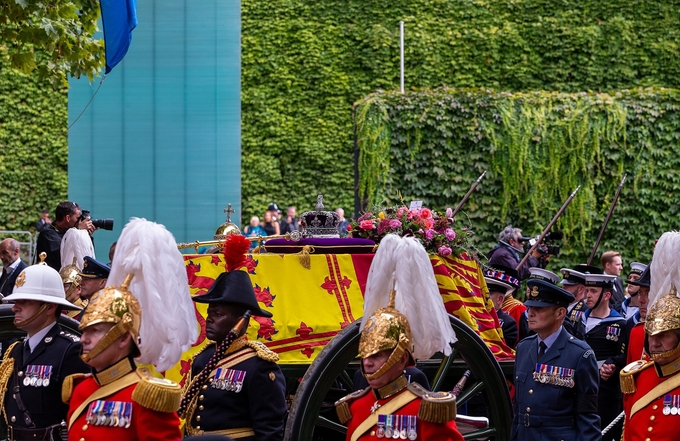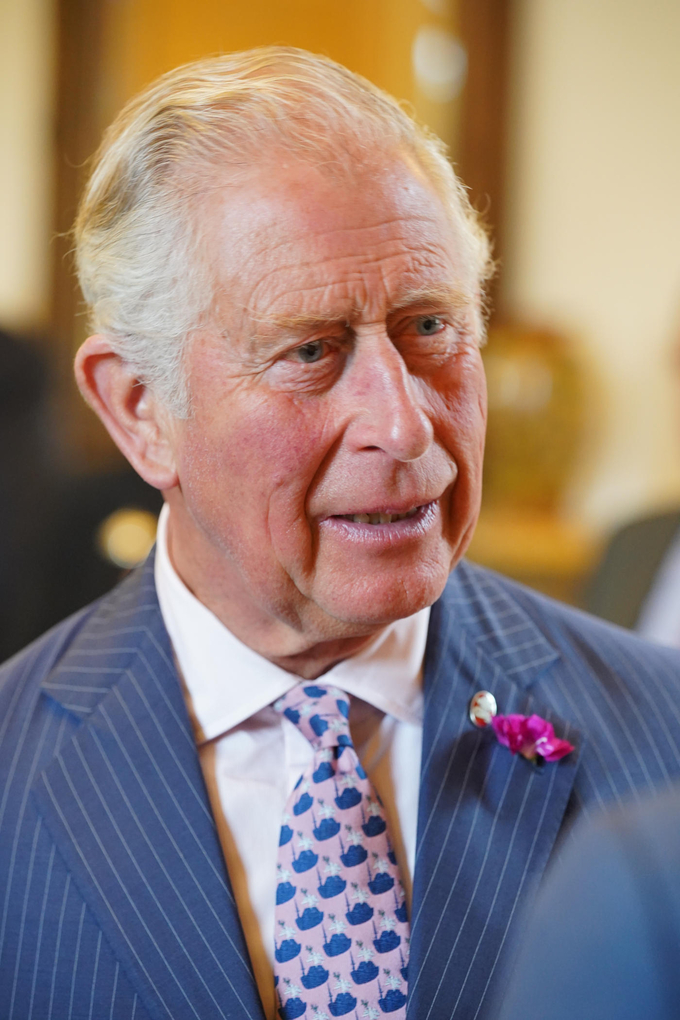
The United Kingdom and the Commonwealth have experienced grave sorrow from the death of Queen Elizabeth II. The Commonwealth countries will continue to undergo a series of changes as the accession of the monarch has not happened for the last 70 years.
“London Bridge has fallen down”
On the morning of Thursday, September 8, the United Kingdom grew worried as the BBC announced that the Queen’s doctor warned about the Queen’s health. In the late afternoon of that very day, the country officially announced the death of the monarch, invoking the operation code for the Queen’s death: “London Bridge has fallen down.”
The Queen was 96 years old and had ruled the United Kingdom and the Commonwealth for 70 years since 1952. She was the longest-reigning monarch of the country and the second longest-reigning monarch in history, after Louis XIV of France. Her tenure reached from the days of despair after WWII to the disturbing days during the COVID-19 pandemic and saw 15 Prime Ministers come and go.
The Queen’s life was cherished during the 10 days of the Period of Mourning. Most parts of the country’s national life remain on hold for 10 days, including official engagements. The Queen’s body was laid in state in Westminster Hall from September 14-19. Westminster Hall stayed crowded for six days as almost 250,000 people came to see her body for the last time. The State funeral was held at Westminster Abbey on September 19. The ceremony was televised throughout the world and was viewed by more than 26.2 million people.

“One monarch breathes out; another breathes in”
As the post of the monarch does not stand a vacancy, the Queen’s eldest son, Charles succeeded as King Charles III of the United Kingdom and the Commonwealth realms. The proclamation of the accession of Charles III took place on Saturday, September 10, at St. James Palace in London. The royal accession is completed with the crowning ceremony during the coronation. However, as the coronation requires a long preparatory period that could be as long as a few years, the crowning would wait longer.
However, King Charles III’s reign has been bumpy from the beginning. UK citizens showed the least acceptance rate toward Charles than other members of the royal family. His unpopularity has its roots in his temperament and his long infidelity with Camilla during his married life with Princess Diana of Wales. Moreover, his being in his seventies raises concerns about his health and doubts about the sustainability of his reign.
Furthermore, the succession has provoked the existing question over the legitimacy of monarchy becoming more pronounced inside the country. Since the decease, there have been small groups of people demonstrating against the preservation of monarchy. A Scottish man was pulled away by the police after booing at the Queen’s coffin. Also, anti-monarchy demonstrations have been witnessed in big cities across the United Kingdom, including London and Edinburgh. Although the majority of the people have kept supporting the monarchy, the overall acceptance rate of the monarchy has been decreasing for years. Given the controversy, the early stage of King Charles III’s reign would face a rough stage of proving its legitimacy.








